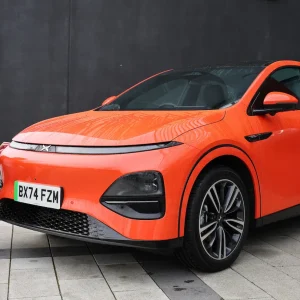From 1 March this year, the Government’s ultra-low emission vehicle £5000 grant scheme has changed to recognise the evolution of different types of ULEV.
While level 1 efficiency cars will be eligible for a slightly reduced £4,500 grant, cars in categories 2 and 3 will only be eligible for a £2,500 grant.
The drive to reward efficiency in a fairer way is laudable, but the real question here is how many of the engine performance claims cited in category descriptions can we believe?
This challenge is, of course, not limited to hybrid or electric cars. Last year’s VW scandal fixed a spotlight on the huge chasm between official emissions tests for all new cars and their actual performance out on the road with a typical motorist behind the wheel.
In VW’s case, it was a deliberate attempt to skew official economy figures, but research by consumer magazine Which? last month revealed that a massive 95% of cars exceed official emissions limits once they have passed from testing laboratories to more realistic driving conditions.
Add in less than perfect road conditions, heavy luggage and a full set of passengers and 61.2MPG can quickly become 45mpg in the real world.
For drivers who want to make environmentally sensitive decisions about which vehicle they buy next, it can be difficult to navigate the claims made by hybrid and electric vehicle manufacturers and to weed out the truth from the hyperbole.
So how do the statistics stack up?
Hybrids are always the most efficient option on the road
FALSE. While hybrids undoubtedly feature highly on most fuel efficient car lists, they are yet to prove the most efficient in all driving conditions. In fact, according to 2014 research by Emissions Analytics, some non-hybrid diesels beat them on MPG performance by a significant 10mpg.
Hybrids perform better in urban driving conditions
TRUE. Hybrids do perform significantly better than conventional petrol-powered internal combustion engines in congested urban driving. While ICE cars’ mpg performance dips by 7%, hybrids lose only 3% on their urban mpg compared to regular driving.
Hybrids perform less well on motorways
TRUE. ICE vehicles are typically much more fuel efficient on long motorway journeys as the downsized engines found in the hybrids are less suited to motorway cruising.
Hybrid cars are better for boy racers
FALSE. If the average rate of acceleration is doubled, mpg falls by more for hybrids – especially diesel hybrids – than conventional cars. ??





